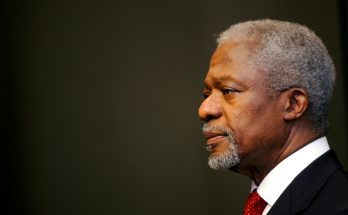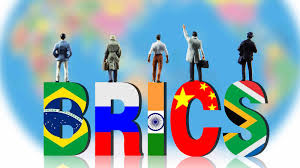
Vajpayee’s foreign policy legacy: Making India count, globally
Taking risks and pushing the envelope, but always keeping India’s vital interests centre-stage, was the hallmark of Vajpayee’s foreign policy. It is this multi-dimensional diplomacy that will sustain and nourish …
Read More







